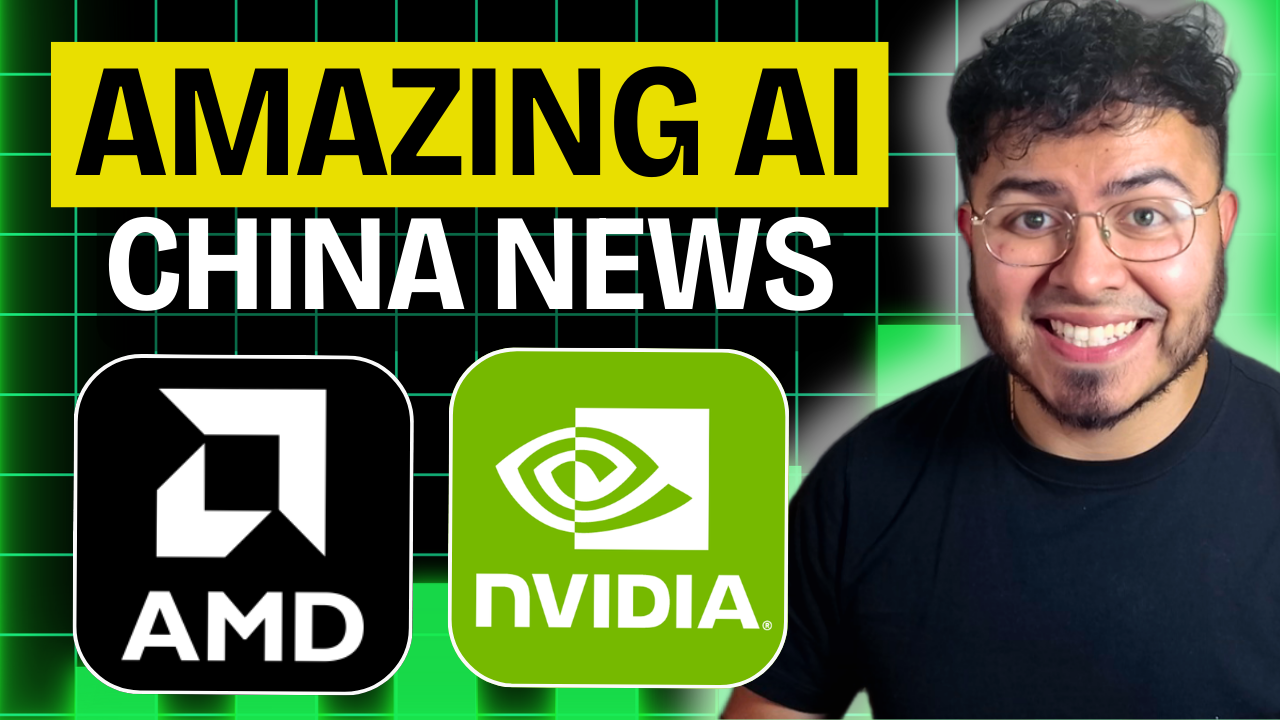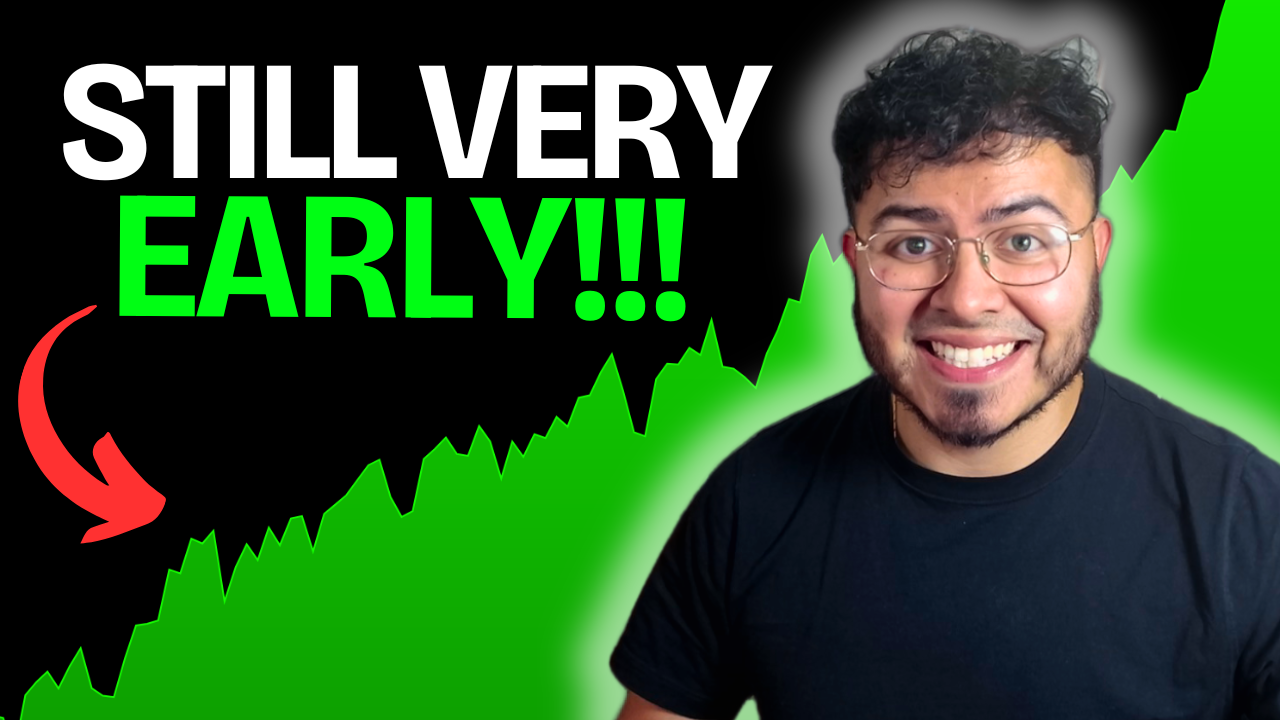Every successful, publicly-traded company started out in the private markets, where venture capitalists and other investors provide early-stage funding in exchange for a shot at incredible future returns.
You're likely already familiar with many of the success stories. Naspers' $32 million investment in 2001 in a little-known Chinese tech company called Tencent rose 60,000% in value over the next 17 years. And no, that's not a typo -- they recently sold 2% of their stake for a cool $10.6 billion. Twitter, Alphabet, and WhatsApp all took early stage capital and went on to provide huge future payouts for their VC partners. And we can't forget Peter Thiel who became a billionaire by personally writing a $500,000 check, which served as Facebook's very first external funding.
After decades of VC investments, virtuous-cycle patterns have begun to appear. The most successful venture capitalists get access to the most promising new start-ups, which they guide to become the most successful publicly-traded companies. One could go so far as to say that the future is not predicted but created.
While the Fool focuses primarily on companies that are already public, it's important to keep tabs on what's brewing in the VC community, too. After all, the innovative companies that venture capitalists are backing today could significantly disrupt the markets we're investing in tomorrow.
In this interview, Motley Fool Explorer advisor Simon Erickson chats with Forbes writer and editor Alex Konrad. Alex runs Forbes' Midas List, which provides a data-driven ranking of the world's 100 top venture capitalists and closely follows recent developments in that world. Alex shares his thoughts about what sectors are attracting the most VC funding, as well as context about consumer-facing start-ups and artificial intelligence.
A full transcript follows the video.
Simon Erickson: Hi, I'm Simon Erickson from the Motley Fool. I'm joined this morning by Alex Konrad who's the editor of the Midas List at Forbes. Alex, thanks for joining me this morning.
Alex Konrad: Yeah, thanks for having me.
Erickson: We're here talking about venture capital. We're at the Collision Conference. We see a lot of cool technology, but it also helps to keep in mind where venture capitalists are actually putting their money to work. This is Alex's specialty. Alex, let me start off with some high-level numbers from 2017 -- what we saw in VC in the United States -- $72 billion of funding was up 14% but we've actually seen the third straight year of the total number of deals declining. Why are we seeing fewer deals but larger total money going to VC?
Konrad: So a lot of your viewers might be aware that Softbank did a $100 billion dollar fund to invest in private companies, and that has also led VC firms to raise larger and larger funds, a lot of multi-billion dollar funds. But all that capital does is it basically constrains opportunity, where if you want to return a fund from one big deal, you have to get as much ownership as possible. What that means is larger check sizes and fewer firms squeezing into each deal.
So the form function means more money but fewer deals.
Erickson: Sure. The Warren Buffett-Berkshire Hathaway problem is you get larger, you have more money, and you're going for a larger percentage.
Konrad: Yeah, and these VC firms are becoming ... when they become multi-billion AUM (assets under management) asset managers, they end up with public holdings, they end up with growth funds, and they are more complicated financial vehicles than they were a few years ago.
Erickson: With that dynamic in play, what industries are actually attracting the most new VC investment right now?
Konrad: So VCs like to try to basically think beyond the hype cycle. They talk about sort of thinking beyond that Gartner curve and almost looking then at sectors that have lost their luster. So a lot of talk that we've seen here at Collision, that I've been part of, has been about clean tech and actually sustainable tech being hot again. If you look at the success of things like Impossible, the plant-based burgers that now are sold at White Castle, that's a huge win for the VC's there, Khosla Ventures.
And I think logistics is another area that's become sort of, sexier again. People are saying, okay, well in this post-Amazon world, how do things get shipped around? How can software basically create efficiencies that allow small businesses to compete with those giants? And so I think that VC's are very excited about these retro industries becoming more vintage and more hot again.
Erickson: Okay, now, talking about getting hot again. Sometimes when industries get hot, valuations also get hot. We don't want too much buzz, and too much of the hype cycle hitting the peak. Anything you'd avoid right now, that you think is overvalued? Getting a lot of attention, but maybe it's a little too spicy?
Konrad: Totally. You know it's funny, a smart VC will basically ask an AI company right away, "Are you training your own data sets? Is AI the actual core of your business? Or are you just kind of shellacking some AI on top of a whole different business?"
And so I'd say AI almost is one of those buzzwords that is a turn off now. Big Data kind of went through that a year or two ago, and I'd say it's still kind of a buzzword. But for me it's sort of: machine learning, AI are the ones that if you're doing it really well, they're still exciting. But if companies are trying to basically have their AI strategy, I think that's a bad plan that people see right through.
Erickson: Are we seeing the same things internationally as we are in the U.S.? Is VC going to the same industries in other countries?
Konrad: Yeah. There's a lot of growth in China. I think you guys probably see that on more of the public side as well. It's always fascinating to me with a Chinese VC who will tell me about a $30 billion private company that I've literally never heard of. It's very humbling from the U.S. perspective. So China is really just a monster right now from a VC perspective, both with internet companies but also with companies that are bridging traditional internet with retail and brick-and-mortar locations. And if you see the money flowing into bikes or you know these ride-sharing systems that are not just Uber.
And then the American companies have kind of withdrawn a bit. So Southeast Asia for example is a really exciting place to be doing an Uber-like company, whether it's scooters or bikes or even cars.
Erickson: And then here in Collision, we've seen a lot of focus on consumer technology, right?
Konrad: Yes.
Erickson: We haven't seen as much success for consumer based companies in the public markets. Snapchat immediately comes to mind.
Konrad: Right.
Erickson: But in terms of VC, what's it looking like that for a consumer company versus an enterprise company? What's getting the attention from VC's right now?
Konrad: So consumer's really interesting, because Snap has not kind of, fully met everyone's expectations. And I think people are still waiting for that massive breakout Facebook-like company to come again. And we haven't really seen that and so consumer is still kind of a wild west. And for VC's who are at the early stage, that represents opportunity. Because it means that they might not be too late to find that next breakout public company.
However, I would say that it means that they're more speculative. So if you look at a recent hot deal it would be HQ Trivia, the game on your phone where you have to answer a trivia questions really quickly, and I think it's 12 questions. And this thing has gotten to like a million users every night. Pretty loyal fan base, pretty fast. That attracted a lot of top VC -- Founder's Fund led their last round.
And so I'd say you had two things going on. You have a lot of interest but very early and speculative in consumer. And then you have a lot of smart money going to enterprise where there are actual exits.
Like in the last week, we had DocuSign, we had Smartsheet. Right before that we had Dropbox. These all have done pretty well on the market, they're multi-billion dollar market cap companies. So there's a lot of consistency and trust with these sorts of recurring revenue model of enterprise. And while it's never going to be as sexy, I'd say there's more cash coming out of it right now.
Erickson: The interest is in consumer, but the deals are still getting done in enterprise.
Konrad: Exactly.
Erickson: Alex Konrad is editor of the Midas List for Forbes. Alex, thanks for joining me this morning.
Konrad: Thanks for having me.
Erickson: Thanks for tuning in. Fool on!




